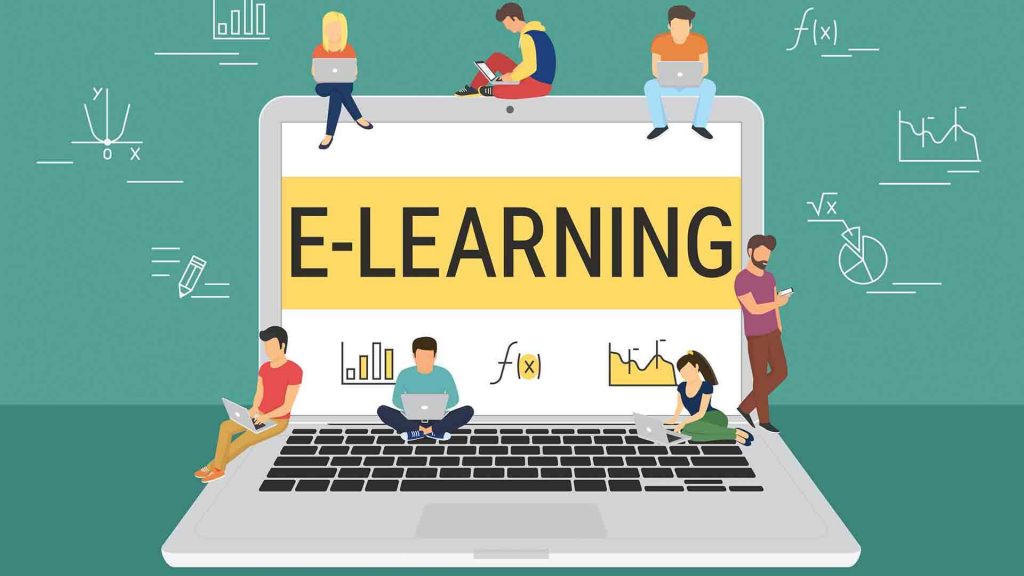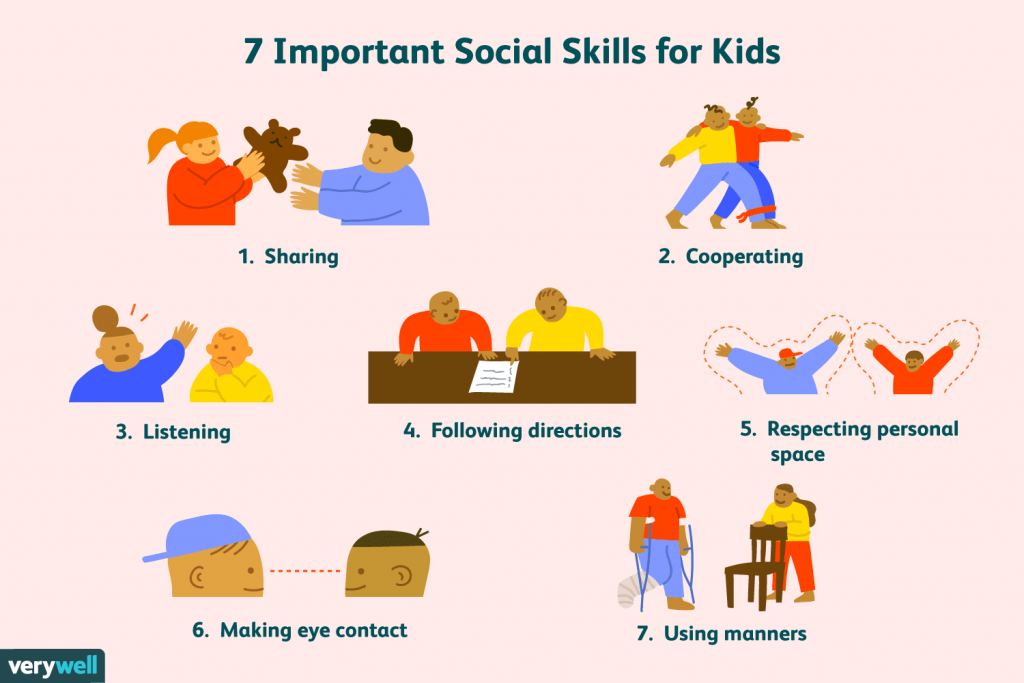
Desperate times they say call for desperate measures. The past few weeks have made us witness numerous changes in the world. This began with a lockdown in majorly all the countries, which has led to the closure of schools across the country. One thing that everyone is now talking about is e-learning. Learning that has always involved students going to school, interacting with their classmates, and learning in the classroom has now become something of a virtual experience. However, here is the question, is e-learning the substitute for the real thing? There have been various discussions about if e-learning can stand-in for the real teacher-student classroom interactions. A system that is capable of passing knowledge to students should be encouraged, especially in a time like this.

When we talk about learning, we can all agree to the fact that the presence of a teacher makes it even better. However, when that is not possible, we encourage a system that can also provide the needed help to the students. E-learning is capable of covering the gap created by the lockdown, but many are not opportune to enjoy this great privilege. The reason for this is because not every school is capable of providing their students with the right resources, so what do you expect such students to be doing at home? So rather than have them sit at home and waste these times, why not encourage them to build on their soft skills.
What are soft skills? According to Thebalancecareers, soft skills are referred to as “personal attributes, personality traits, inherent social cues, and communication abilities needed for success on the job. Soft skills characterize how a person interacts in his or her relationships with others. Learning is not restricted to the four walls of the classroom. Like people will always say, experience is the best teacher. The holistic development of a child encompasses academic, social, and emotional development. Some of the popular soft skills include; creative thinking, teamwork, networking, time management, and conflict resolution. Moreover, unlike academic knowledge that is learned, soft skills are the same as emotions or intuitions that allow people to “read” others.

This period is also the best time for family bonding. For working parents that hardly stay at home or have time for their kids, the lockdown period encourages communication. Also, parents can teach their kids to work ethics that will go a long way to help them in the future. Spending time together as a family will teach the children how to react to real-life situations that might arise. Family bonding activities that can encourage the acquisition of soft skills include the following;
Playing board games.
Cooking together.
Physical exercise.
Teaching work ethics through house chores.
Having movie time, and so many more.
This can also be adopted by those who have resources for e-learning, and are willing to inculcate these skills in their kids. While we are in support of academic excellence, we should not neglect the fact that these skills that are not taught in class are also needed for the holistic development of a child. Skills like critical thinking, attitude, and communication will help these children become better versions of themselves as they grow up.
